
Intel Security and AirWatch team up to boost mobile protection
Intel Security has expanded its partnership with VMWare’s enterprise mobility subsidiary AirWatch, placing a greater emphasis on mobile security initiatives.
The two companies aim to help organizations cope with the numerous security issues posed by mobile devices, as well as integrating enterprise protection across PCs, operating systems, networks and the cloud.
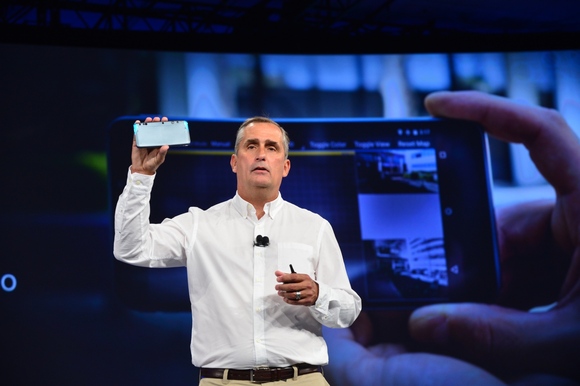
Intel's new smartphone comes with a 3D RealSense camera
Most people may not know this, but Intel is no stranger to the smartphone world. It develops mobile processors that power a wide range of Android devices, like ASUS' ZenFone 2 line. But the company is not stopping there as at CES 2016, it just unveiled a smartphone equipped with a RealSense camera.
Virtually every smartphone has cameras on the front and rear, so what makes Intel's device special? Well, the RealSense camera allows the handset to recognize 3D objects and gestures, similar to Microsoft's Kinect.
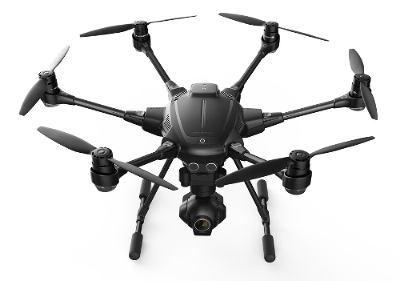
Intel's RealSense camera used in first 'intelligent consumer drone'
Intel CEO Brian Krzanich has revealed his company’s entry into the burgeoning drone market during a keynote speech at the Consumer Electronics Show in Las Vegas.
Yuneec's Typhoon H drone utilizes Intel’s RealSense camera and infrared lasers to instinctively avoid collisions, making it the world’s first "intelligent consumer drone" according to Krzanich.
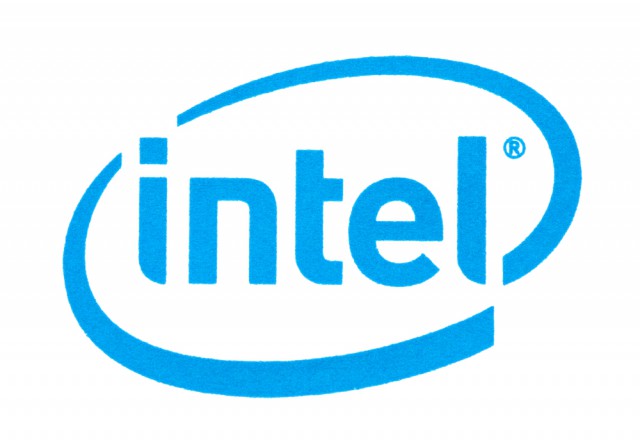
Intel Curie arrives this quarter, costs under $10
Intel CEO Brian Krzanich announced new details today at CES 2016 in Las Vegas regarding the button-sized wearable hardware module, Curie. The Intel Curie module features 32-bit Intel Quark SE SoC, (system on a Chip) and runs for extended periods on a coin-sized battery.
Intel unveiled the Curie SoC module a year ago, and demonstrated it through a partnership with BMX to develop the first smart BMX bike. Curie was able to measure through sensors on the seat and handlebars of the bike the speed and movement metrics. However, now the button sized SoC module is being used on athletic sports clothing to bring the same analytical capabilities to all athletes. "We believe it will change how athletes are judged, how they train", Krzanich said.
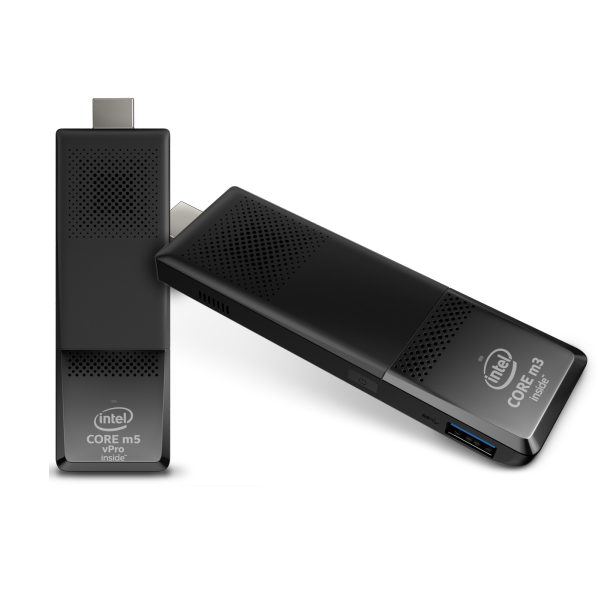
Intel Compute Stick gets refresh -- pricey Skylake Core M or less expensive Atom
The economy may be better for some, but for many, it is still bad, leading to downsized homes or moving in with relatives. Of course, this means smaller work spaces; the idea of having a dedicated computer room with large desk and PC is slowly disappearing. While consumers' bank accounts continue to shrink, luckily, so too do computers.
The Intel Compute Stick, for instance, takes up very little space, while historically being affordable too. Unfortunately, even though the tiny stick could run full Windows, it was a bit under-powered. Today, however, this changes. The Compute Stick receives a Skylake Core M processor refresh, making it a much more powerful -- and expensive -- affair. For more conservative budgets, however, Intel announces an upgraded Atom model too.

Intel unveils 8 new Broadwell and Skylake processors
US chip maker Intel has recently announced eight new processors, as it expands its Broadwell and Skylake families. The chips will be available for both desktop and mobile CPUs, the company added.
The new processors announced today include the Celeron 3855U, Celeron 3955U, Core i3-6098P, Core i5-6402P, Core i5-5200DU, Core i5-6198DU, Core i5-5500DU, and the Core i7-6498DU. Out of these, the two new desktop CPUs are the Core i3-6098P and the Core i5-6402P. Like previous processors with a "P" prefix, it is likely that these processors do not come with an integrated GPU. They have been priced at $117 (£79) and $182 (£122), respectively.

The future of data center infrastructure management [Q&A]
Recent research from Intel suggests that, despite the availability of automated solutions for data center infrastructure management (DCIM), many businesses are still using manual procedures to do their capacity planning and forecasting.
To get an insider perspective on how managers can better exploit the benefits of DCIM products to streamline their operations we spoke to Jeff Klaus, General Manager of Intel Data Center Solutions.

Understanding the basics of quantum computing [Q&A]
Computers have been growing more and more powerful for some time now and, as processors become faster and memory more plentiful, we’re reaching the limits of current technology.
Quantum computers are the next step in this evolution and more and more companies are investing in this area. Intel recently announced it will be putting over £30 million towards the technology and just this week Google boasted that its quantum computer is 100 million times faster than a regular PC. For a deeper insight into this growing area, we spoke to Mike Mayberry, corporate vice president and managing director of Intel Labs. The full interview can be found below.

Intel announces new Xeon Phi processor code-named Knights Landing
Intel has announced its latest and fastest processor chip ever, code named "Knights Landing", which will reach super computers early next year.
The Xeon Phi processor is also a springboard for new memory, I/O and storage technologies destined to reach in the short term, commercial markets such as desktops and laptops.

Intel adds new products to the Xeon D-1500 line
Intel has announced new products in the Xeon processor family, in a move which seeks to boost the Internet of Things industry.
The new products and collaborations will "accelerate the move toward more agile and cloud-ready communications networks that can address today’s demand for new telecommunications, cloud and data centre services and handle tomorrow’s devices and services", the company said.

Ericsson, Intel and Nokia backing new IoT standard
Internet of things devices need a communication standard, a universal type of communication which would allow these devices to communicate, no matter who the maker is. The standard is now also a subject of debate, as US and European makers are backing one type, while Huawei and other vendors are backing another one.
As Lightreading writes in a report, Intel, Ericsson and Nokia are backing Narrow-Band Long-Term Evolution (NB-LTE). At the same time, Huawei is more leaned towards the existing Narrowband Cellular IoT (CIoT) proposal.
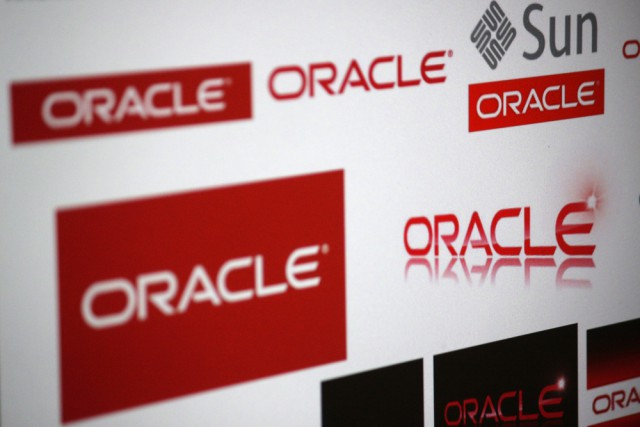
Oracle and Intel going after IBM Power Systems users
Oracle and Intel are partnering up in a bid to tempt customers away from what the companies describe as aging IBM Power systems.
The new scheme, jointly funded by Oracle and Intel, goes by the name of "Exa Your Power", and wants to see IBM Power customers migrate their Oracle Database across to Oracle Engineered Systems driven by Intel Xeon processors.

What's next for the PC: 'PC Does Whaaat?!' campaign
If the tech space is evolving and competitive on the cutting edge, then the PC market is on the bleeding edge. Many factors have affected the industry, but the PC’s fate has been due to the appeal of smartphones, tablets, and the need for mobility. While mobile devices are the rave, can they really replace the workload and capabilities of the PC?
In an effort to make the PC "cool" again, five major PC makers -- Microsoft, Intel, Dell, HP and Lenovo -- joined together to launch a $70 million, 6-week advertising campaign. The campaign, titled, "PC Does Whaaat?!”, launched with targeted online TV commercials focusing on the features available on the Windows 10 platform, and through broadcast and social media channels in the US and China.
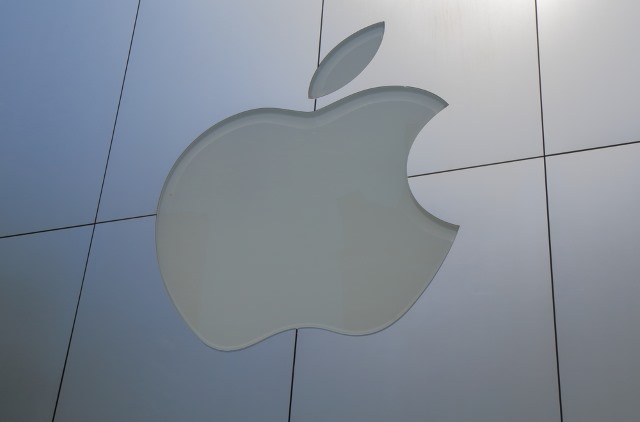
Apple faces $862 million bill as iPhone and iPad chips infringe patents
A jury has decided that Apple infringed on patents owned by the Wisconsin Alumni Research Foundation. The A7, A8, and A8X processors used in iPhones and iPads since 2013 included technology owned by the University of Wisconsin-Madison's licensing arm.
US District Judge William Conley had previously indicated that Apple could be hit with a bill of up to $862.4 million, but it is now down to the jury to determine the levels of damages that must be paid. The chips feature efficiency-improving technology, and can be found in some iPads as well as the iPhone 5s, 6, and 6 Plus.

Windows apps on Android will soon be a reality
If you have an iPhone, you're stuck with running iOS apps; if you have an Android phone, you're stuck with Android apps. At least that used to be the case. For desktop platforms such as OS X and Linux, tools and emulators exist that make it possible to run software designed for a different platform. CodeWeavers produce CrossOver which enables PC games and applications to run on non-PC platforms.
At the moment, CrossOver is available for Mac and Linux, but there are plans to bring the tool to Android. This means that, ultimately, it should be possible to run Windows software on an Android phone or tablet.
